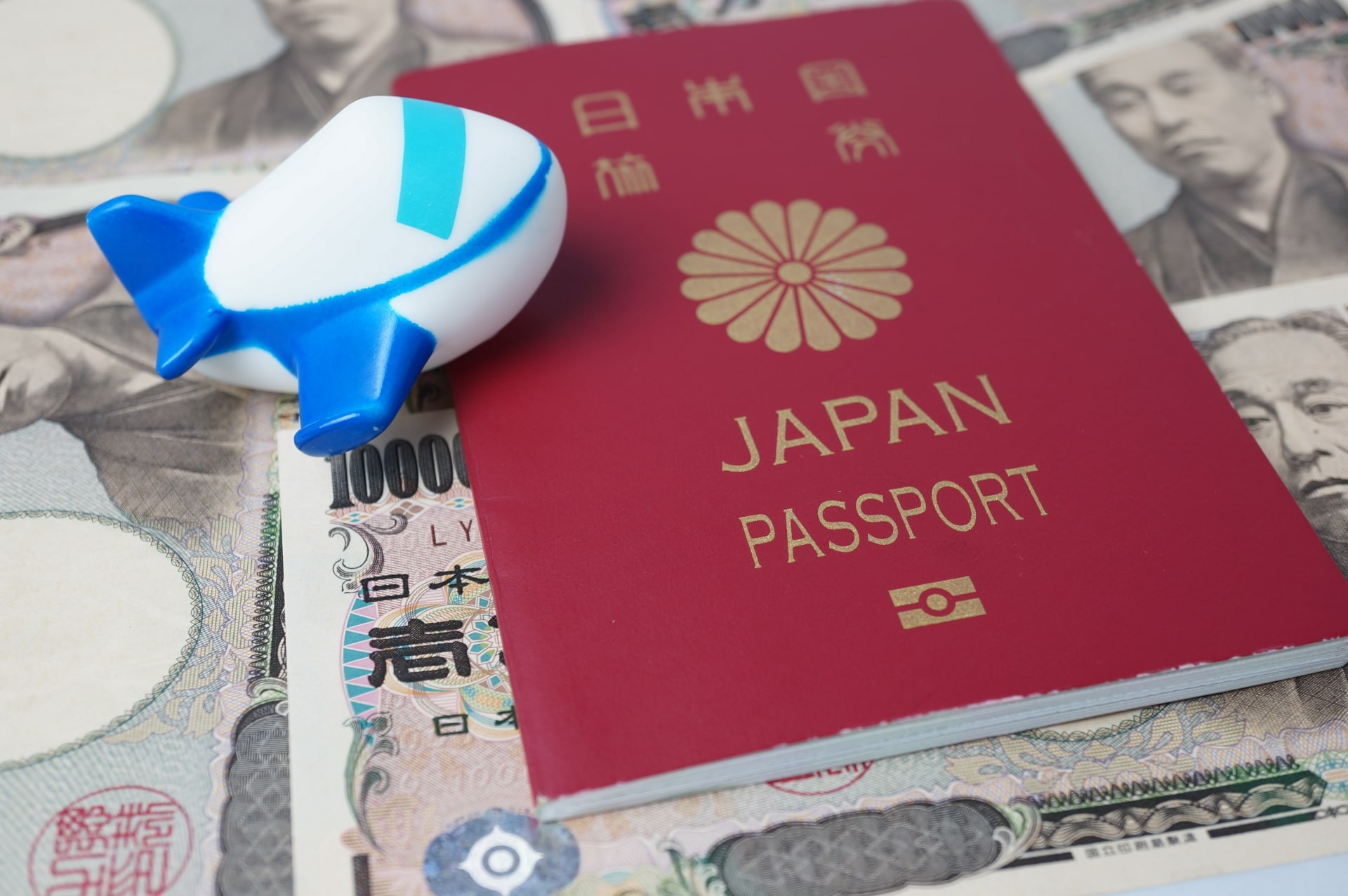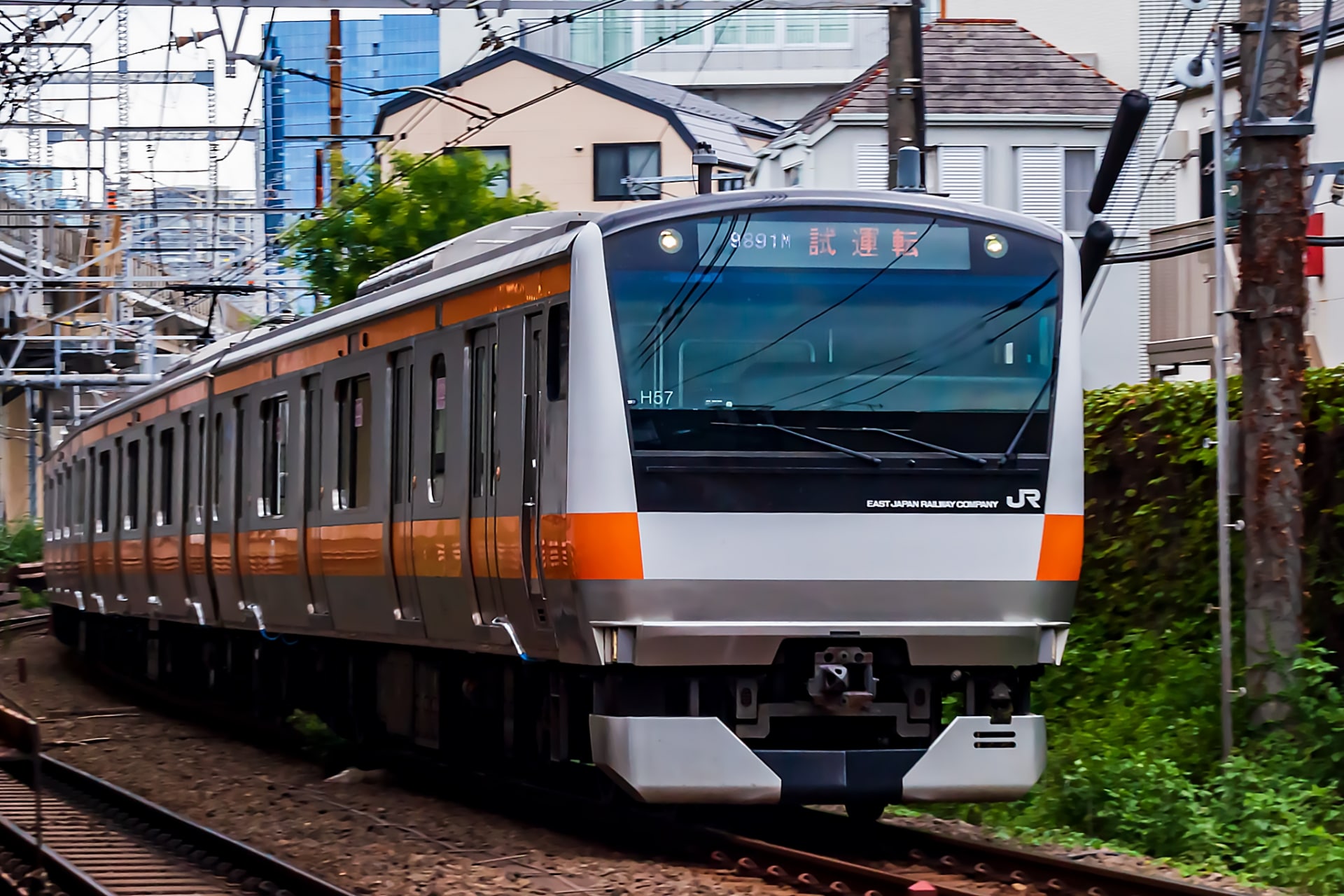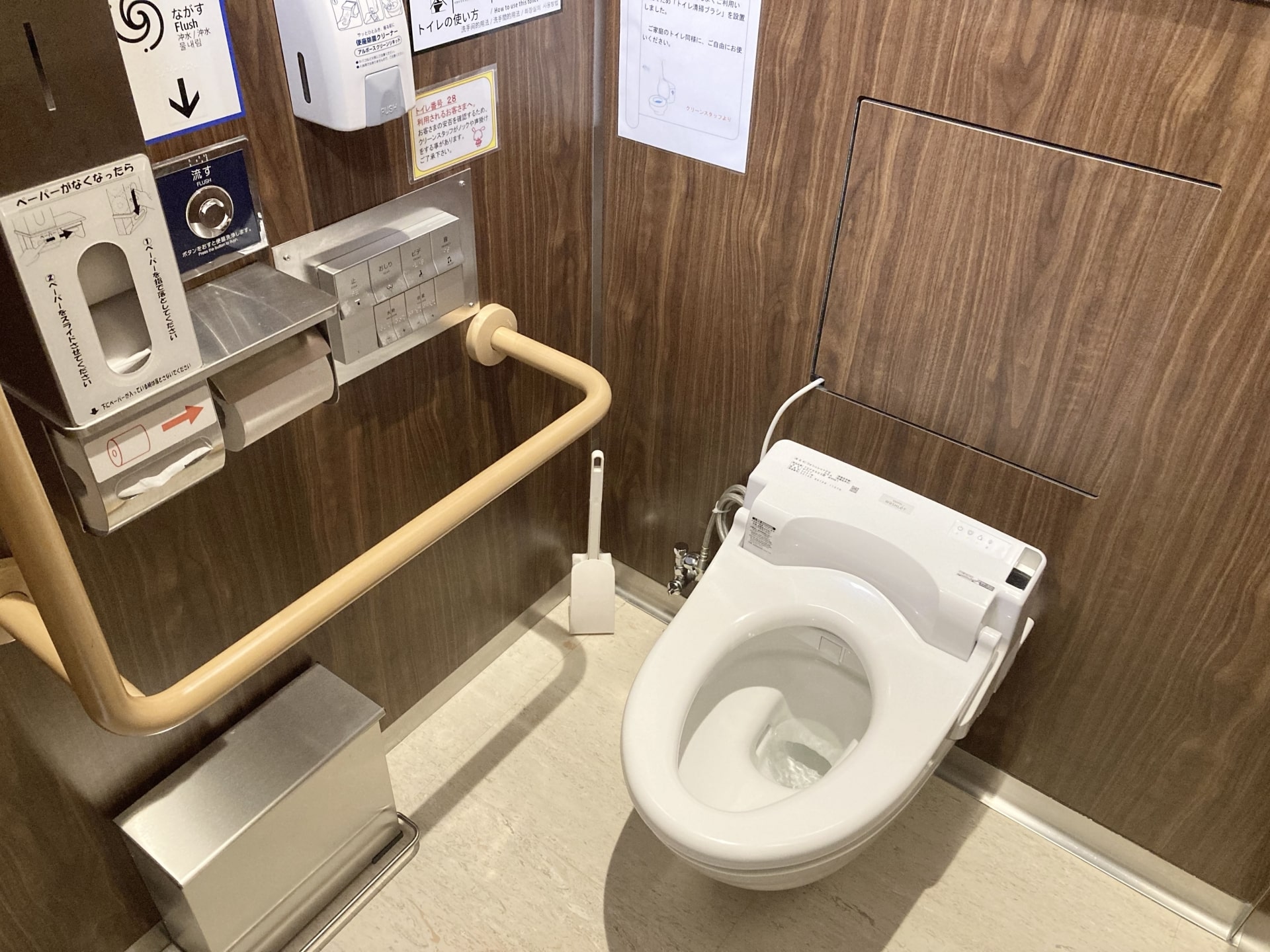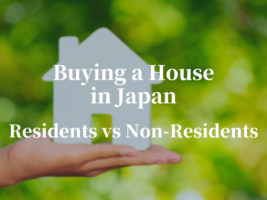10 Reasons to Live in Japan
Why You Should Live in Japan

Are you entertaining the possibility of living in Japan? A big move is a plunge into the unknown, and it is daunting. Perhaps you have never visited and are looking for a change of scenery. Or perhaps you once lived here and plan to return. Whether you are looking to learn more or just need a few reminders, here are 1o reasons to live in Japan.
*Please note that this article contains affiliate links.
1. Public transportation

In an age when cities all over the world are overhauling their infrastructures to develop effective public transportation systems, Japan has already had one in place for decades. Large cities like Tokyo have train lines that run through the city and beyond like fine capillaries. Despite the staggering number of trains and buses running simultaneously, it is remarkable how punctual they are. Intercity transportation is just as good – you have likely heard of the Shinkansen, Japan’s super fast, super safe, and super efficient bullet train. Because a good public transportation system supports better mobility, a healthier city, and a stronger community, this is my number one reason for moving to Japan.
2. Efficiency
Japan’s efficient public transportation system reflects other aspects of life, which are just as efficient. Rarely does your information get lost, reshuffled, or misinterpreted. Almost never do you have to take the initiative to unearth a problem and then chase after the solution. If you do, you will likely find people who genuinely want to help you solve the problem. One exception to this is the pervasiveness of paper forms. Paperwork can make things more tedious, but you will likely spend less time doing paperwork than trying to retroactively fix administrative mistakes. Basically, you will find it easier to trust that things will work as they should and people will do as they say. It makes daily life less stressful and is one of the top reasons to live in Japan.
3. Pricing consistency
I once went to the store for a car battery jump starter kit. This particular store had a price matching guarantee, including matching in-store prices to its own website prices, a common practice for American stores. The battery kit cost $30 USD at the store and $15 USD on its online site, which of course is unsettling, but this is how my life was. I was used to being a vigilant consumer, always on the lookout for the nuances of a million different sales and pricing schemes.
After moving to Japan, I found myself largely relieved of my consumer burden. There is still a massive consumer culture, but prices do not fluctuate as much and there are not as many sales. Although it may not seem like it at first, this is a great reason to live in Japan, as it frees you to buy only what you need and when you need it. Japan has two main sales seasons during summer and winter. As a result, I don’t waste as much time, energy, and money “stocking up” during year-round sales.
4. Community
There is a real sense of community in Japanese neighborhoods, even in a big city like Tokyo. Japan’s ethnic and cultural homogeneity was historically an important reason for this. However, there are a lot of non-Japanese living in Tokyo nowadays, and despite diverse backgrounds and ethnicities, many non-Japanese living here speak Japanese and adopt most cultural norms and customs. This provides commonality and facilitates a sense of community.
I commute every day via bicycle. It is amazing to see how many people and businesses begin the day cleaning their streets. I once saw a gust of wind blow a business’s sign down, right into the sidewalk. Immediately, a passerby, an elderly woman on a cane, bent over to prop it back up. I often see people picking up trash even when it is clearly not theirs. Each person is inclined to keep the streets clean because everyone in the community makes the same effort. Being part of a caring community is a great reason for living in Japan.
5. Cleanliness

Japan is famous for its cleanliness, particularly in big cities like Tokyo. If you have visited Japan, chances are it was one of the first things you noticed. Part of it has to do with a shared sense of community; the belief that we all share this living space and that we all have a responsibility to care for it. The cleanliness is a physical manifestation of this mindset. In Japan, even busy streets tend to be clean for two reasons: people litter less, and people clean more – and not just after themselves. It is a common site to see someone picking up litter along a street. Cleanliness is a reason to live in Japan not only because it feels nice to live in a clean community, but also because it is equally fulfilling to have contributed to it.
6. Conservation
You don’t have to clean what you don’t use, so this goes hand in hand with cleanliness. Although it may take some getting used to (unless you are from another strict recycling country like Germany), conservation is one of Japan’s best cultural attributes, though of course, there are obvious limits in the context of modern industry and consumerism. The tendency to conserve stems from Japan’s identity as an island nation. Nature is a dominant force in life and resources are not taken for granted.
For example, recycling here involves cleaning and separating your trash into several categories. Of the non-recyclables, perhaps the largest category of waste is the burnables. Given Japan’s small landmass, it has developed incineration plants designed to generate clean electricity from burning trash in compliance with current anti-pollution laws. Japan’s geography and environment have given shape to its dedication to efficiency, resourcefulness, and the satisfying idea of having just enough.
7. Healthcare

If you ask me why you should live in Japan, one of my top reasons would be healthcare. Japan provides universal healthcare that is available to all citizens and non-Japanese residents living in Japan for more than a year. In addition, the administration of healthcare in Japan is more straightforward than in many other countries. While some paperwork may be involved (see #2 above), the cost of health services is transparent, and the final bill is settled before you leave the clinic or hospital. Patients do not have to weigh the necessity of a procedure against an incalculable, unpredictable cost negotiated between the insurance company and the health provider. And you won’t have to wait for months to find out whether you will be paying nothing or a small fortune.
8. No tipping and excellent service

One of my favorite things about living in Japan is its no-tipping custom; tipping can even be perceived as impolite. Despite this, Japan is known for ubiquitously good customer service. Why is this?
In Japanese culture, work is a source of pride. Whether it involves real artisanship or manual labor, the shokunin spirit is present. A shokunin is an artisan, an expert craftsman who seeks to master a specific skill, and the shokunin spirit can be described as the endless pursuit of perfection. Work is also a means of demonstrating dignity through hardship, which is also highly valued in Japanese culture. In Japanese, “gaman” means enduring the seemingly unbearable with patience and dignity. It means persevering, maintaining your dignity and control under distress. Between the concepts of Gaman and shokunin, it is no wonder that tipping is irrelevant to an excellent customer experience here.
9. Safety
Safety is one of the most compelling reasons to live in Japan; it is a reason that draws families in particular from all over the world. Japan has one of the lowest rates of violent crime in the world despite it having one of the busiest and most populated metropolises. According to the UNODC, there was just one fatal shooting in all of 2015. The murder rate is 0.3 per 100,000 people compared to 4 per 100,000 in America. No wonder Japanese kids are known to be so independent: they have been given the ideal environment in which to cultivate their independence. Of course, safety benefits everyone, not only kids and families. Go for a jog in the early morning or after dark, take the metro home at anytime, go for a late night walk or experience the city nightlife. Safety allows you to enjoy the full spectrum of life, and for this reason, it is one of Japan’s most alluring characteristics.
10. Benefits for Children

If you do have children, there are benefits specifically designed for families raising children. This is part of the Japanese government’s campaign to stop the national decline in birth rates. While it’s unclear how much these initiatives actually raise the birth rate, it certainly does help children who already exist. For instance, children under the age of 15 receive free healthcare. The Japanese National Insurance typically pays 70% of health care costs and the Free Medical Care Certificate for Children provided by each ward pays the remaining 30%. The certificate is usually valid until age 15 year old, but this varies among cities and wards. In addition, wards provide monthly allowances in addition to emergency subsidies the government gave to children during the Covid-19 pandemic.
Are you considering moving to Japan?
If you are moving to or looking for a place to live in Japan, Living Japan offers useful services to make the transition as easy as possible. Visit the website to make the purchase/renting experience an easy and comfortable one.
You can inquire about properties listed on other real estate websites such as SUUMO and HOME’S. You can get everything done online (from room searching, room tours, and even contract procedures). Living Japan also offers to help you set up utilities such as electricity, gas, and water.
Their website is available in English, Chinese, and Korean. They also have customer service in these languages.
▶Official Website: https://www.livingjapan.com/
These are my 10 reasons to live in Japan, but there are plenty more. I hope you found this article interesting. If you would like to read more about life in Japan, check out the following articles for more info!
▽Related Articles▽
▼Editor’s Picks▼
Written by














